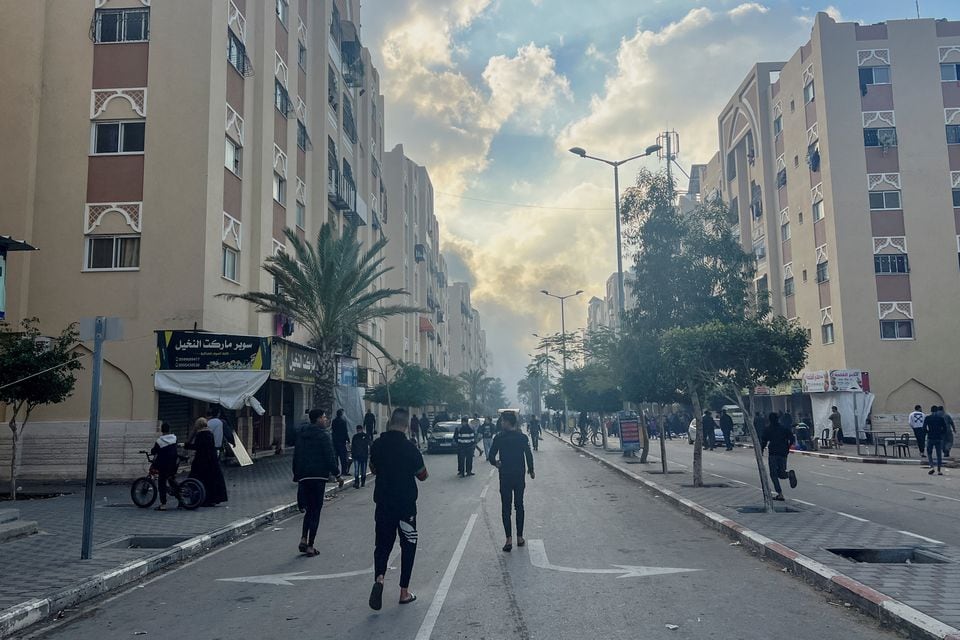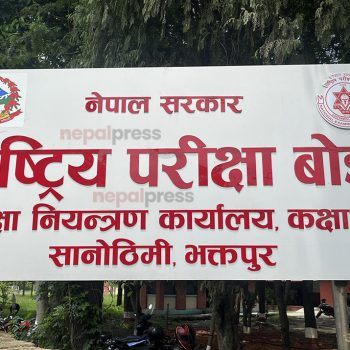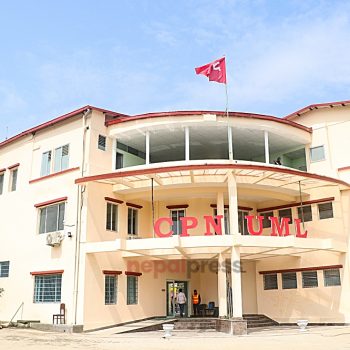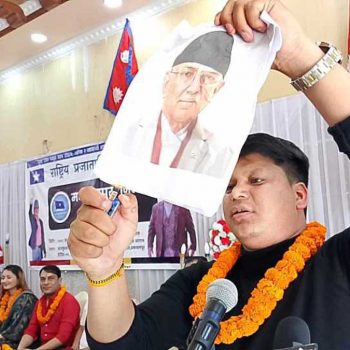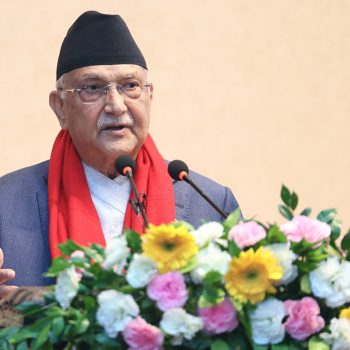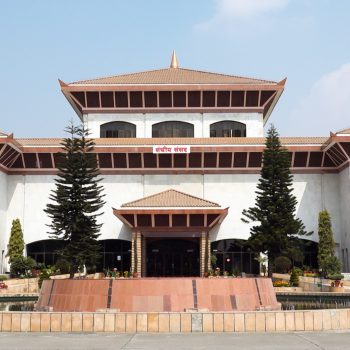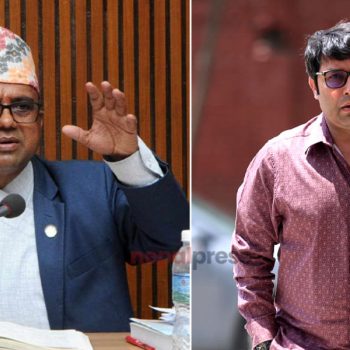Pakistani court sentences woman to death for WhatsApp ‘blasphemy’
 NepalPress
NepalPress
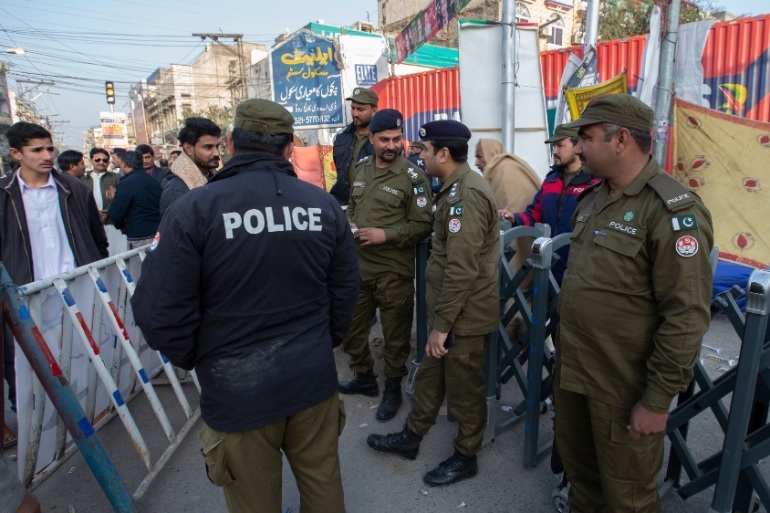
A Pakistani court has sentenced a Muslim woman to death for committing “blasphemy” by sharing images deemed to be insulting to Islam’s Prophet Muhammad and one of his wives, also considered a holy personage by many Muslims, Aljazeera reported.
The trial court in the northern Pakistani city of Rawalpindi on Wednesday sentenced Aneeqa Ateeq under the country’s strict blasphemy laws, which impose a mandatory death penalty for insulting the Prophet Muhammad.
“The blasphemous material which was shared/installed by the female accused on her status [on WhatsApp messaging platform] and the messages as well as caricatures which were sent to the complainant are totally unbearable and not tolerable for a Muslim,” Judge Adnan Mushtaq wrote in his verdict in the case.
Ateeq, 26, had pleaded not guilty to the charges, which were first filed in May 2020.
In a statement to the court, Ateeq said her accuser, Hasnat Farooq, had deliberately pulled her into a religious discussion to frame her after she refused “to be friendly” towards him. The two had met on a popular online multiplayer game and continued communicating on WhatsApp.
“So I feel that he intentionally dragged into this topic for revenge, that’s why he got registered [sic] a case against me and during [WhatsApp] chat he collected everything that went against me,” she said in an evidentiary statement.
Farooq contends the accused shared the allegedly blasphemous material as a WhatsApp status and refused to delete it when he confronted her on that messaging platform.
Ateeq’s death sentence is subject to confirmation by the Lahore High Court, a forum before which she also has the right of appeal.
Blasphemy is a sensitive subject in Pakistan, where the country’s strict laws carry harsh penalties for several types of offences, including sentences of up to life imprisonment for some forms of the crime and the mandatory death sentence for insulting the Prophet Muhammad.
Increasingly, allegations of blasphemy have led to extrajudicial violence, mob justice or widespread violent protests.
Since 1990, at least 80 people have been killed in connection with blasphemy allegations, according to an Al Jazeera tally. Those killed include people accused of blasphemy, their family members, their lawyers and at least one judge, according to the data.
In the latest such attack, a Sri Lankan textile factory manager was beaten to death by a mob and his body burned publicly in the eastern city of Sialkot in December after he was accused of blasphemy by co-workers.
International rights groups say legal proceedings in blasphemy cases in Pakistan are often biased against the accused due to the charged nature of the allegations.
In a 2015 report, the International Commission of Jurists (ICJ) found that blasphemy trials in Pakistan were “fundamentally unfair”, listing concerns ranging from intimidation and harassment of judges, “demonstrable bias and prejudice against defendants by judges”, and investigations and prosecutions that do not meet due diligence requirements.




